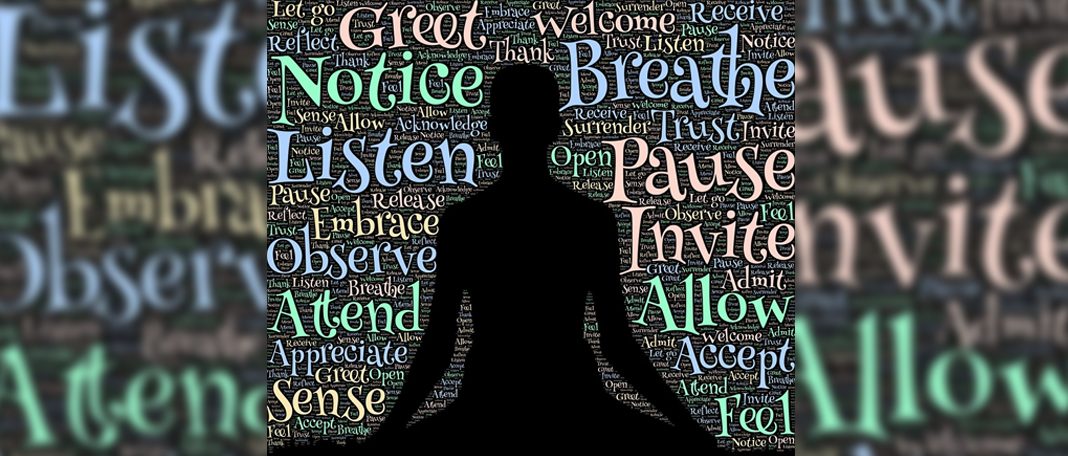How to practice mindfulness meditation for maximum benefit? How does it help the human body and brain?
Practicing Everyday Mindfulness
How many times have you ignored your feelings and how your body reacts to certain emotions? Do you know that there are people in the world who have allergic reactions while feeling different kinds of emotions? Stress eating, gaining weight due to harmful lifestyle are a few crucial problems that can be solved by mindfulness meditation.
What Is Mindfulness Meditation?
Mindfulness is a practice where you prioritize your body and mind over everything else for a particular period of time usually for a couple of months to understand what your body is going through in tough times. Following this, you make mindfulness a daily practice that you can perform unconsciously to reach maximum benefit.
Power of Meditation
Let’s understand how meditation improves body and brain functions before learning about mindfulness. Meditation is a state of mind where you find peace and calm from within. There are several proven theories that show how meditation influences the brain and body to function smoothly even during stressful situations.
The traditional way to meditate is by sitting erect on the floor to align all your chakras together and then concentrate on your breathing to improve blood circulation, level your heart rate, and reduce sympathetic nervous activity to fall in rhythm with the vibrations of the world around you. Nowadays meditation has evolved and you can do it wherever you want, whenever you want, and however, you want. Listening to peaceful music and concentrating on your breathing is also a great way to meditate.
Mindfulness meditation is a state of mind where instead of concentrating on breathing you also make note of other changes in your body both internally and externally.
Mindfulness in Daily Life
Practicing mindfulness meditation can become an involuntary task once you get the hang of things. Just like how you train yourself to drink water at appropriate times using an alarm you can train yourself to be mindful about the minuscule changes in your body too. Mental health can influence your physical health and vice versa. Mindfulness meditation is the most important aspect of a healthy lifestyle that trains the mind before the body.
How Does Mindfulness Benefit You?
- It reduces anxiety, stress, and depression.
- It balances your emotional reaction to stressful situations by helping you understand the situation better.
- Increases satisfaction. Since you come to terms with how you feel it becomes easier to accept negative thoughts and incidents.
- Reduces anger and denial after traumatic events. Being mindful makes you rational and logical at times when most people don’t think straight.
- Improves overall mood and positive thoughts by reducing burnouts.
How to Practice Mindfulness in Daily Life?
You don’t have to be aware of your body 24*7. Just make a note and acknowledge your feelings and state of mind during certain times regularly. It could be when you drive, take a bath, a few minutes before going to bed, or after waking up. Practicing mindfulness meditation has no boundaries.
- Practice self-care and prioritize how you feel during a certain time before you react.
- Be careful about what you eat. Certain foods can trigger certain emotions without the awareness of your conscious mind.
- Pay attention to your heartbeat rate and your breathing.
- Become an extrovert when it comes to being grateful and thankful.
- Observe what you think about during your day when you concentrate on routine stuff. People and objects around you could trigger a past memory which can be both good and bad.
- Relax, both physically and mentally.
Disadvantages of Mindfulness Meditation
There aren’t any serious disadvantages but mindfulness meditation will never give the same results for everybody. While some can see immediate changes others can take significant time to see results. This can be demotivating and stressful making the situation worse for a few.


















